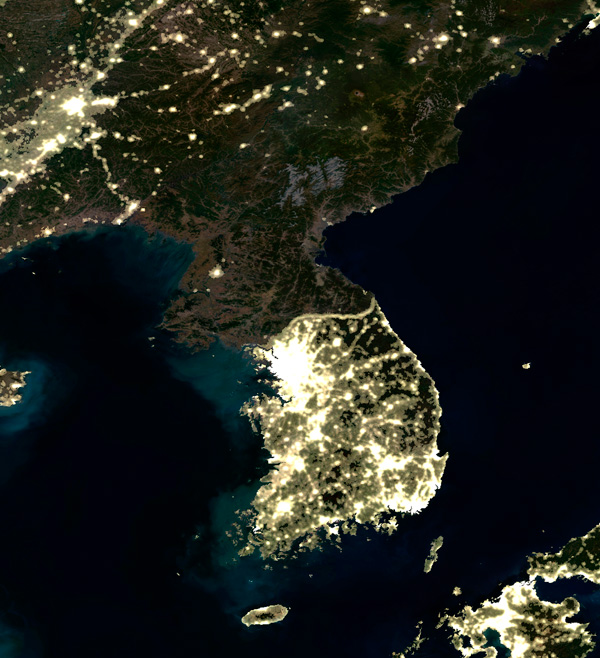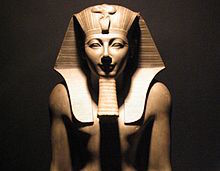The Wisdom Chronicle
The Wisdom Chronicle is designed to bring nuggets of wisdom from the dozens of books I read every year. I endeavor to share the best of what I have gleaned. The determination of relevance lies with you. Blessings, Jim Whiddon
341. CHRISTIANS MUST VOTE! After weeks of hearing about the campaign nonstop, it’s not surprising some people suffer from Election Fatigue. I do. But it’s the duty of every citizen to study the issues and cast an informed vote. Think of all the Americans today who are in harm’s way right now, bringing freedom to the Iraqis so they can vote for their own leaders. Think of the ten million Afghans who just voted, some of them young women who had never had any rights before. If freedom is worth dying for, it is certainly worth voting for. And Christians need
to remember that voting is not only an act of good citizenship, it’s also our biblical duty. We all know that Christians are to submit themselves to the governing authorities (Romans 13). What we forget is that God uses His people as agents to help determine who the governing authorities will be. Just as in the Old Testament He sent Samuel out to pick his leaders, so He calls us in a free democratic society to choose, by our votes, the leaders He then ordains. But sometimes, you say, those leaders are corrupt. Well, that’s our fault, not God’s. Just because the democratic system doesn’t always give you good rulers doesn’t mean we don’t keep trying. It matters who we support. Voting for pro-life leaders, for example, is very important. And our efforts make a difference. Look at what happened over the years with a ban on partial-birth abortion—defeated year after year, until President Bush was elected, and he signed it into law. And in the process of that debate the public was educated, thereby helping to create a culture of life.
The same holds true for so many other issues. If we don’t make ourselves heard, the consequences will be grave—not just for us, but for our fellow citizens. Like it or not, in a free society, we’re God’s agents for picking righteous, able men and women. And Christians, as Augustine said, are meant to be “the best of citizens.” So this Election Day, you must prove those words true by doing what God has called us to do: vote.
— Breakpoint, Nov. 3, 2014
342. FREE WILL “No robot can love because love, by its nature, is something freely chosen. Do you see how this works? To be made in His image we must be capable of love; to be capable of love we must have free will; but to have free will, we must also be capable of willing wrongly.”
Excerpt From: Budziszewski, J. “Ask Me Anything.”
343. LINCOLN ON PRAYER “After the Union Army’s devastating loss at the Second Battle of Bull Run in August 1862, President Abraham Lincoln confessed this:
“I have been driven many times upon my knees by the overwhelming conviction that
I had nowhere else to go. My own wisdom, and that of all about me, seemed
insufficient for that day.”
Excerpt From: Lee, Richard. “In God We Still Trust: A 365-Day Devotional.”
344. READING BOOKS Billy Crystal says, “When I buy a new book, I read the last page first. That way, in case I die before I finish, I know how it ends.”
Excerpt From: Paul Finebaum & Gene Wojciechowski. “My Conference Can Beat Your Conference.”
345. JESUS’ OCCUPATION? “Is not this the son of the tektōn?” Most translations refer to Jesus as a carpenter’s son. It was intended as a cut-down, a way to mock Jesus’s presumption. How can an unskilled laborer presume to position himself as a prophet?
Darryl Tippens, pointed out to me the potential double entendre embedded in the question, “Isn’t this the artisan, the maker of things?” It could also have been read after the fact as “Is not this the son of the Artisan, the Maker of (all) Things?”
In his book Pilgrim Heart, Tippens calls Jesus the Great Artist, the model for how we are to respond to beauty. He writes,
“If God is the Master Builder, then Christ is the supervising architect and agent of Creation: “for in him all things in heaven and on earth were created, things visible and invisible . . . all things have been created through him and for him. He himself is before all things, and in him all things hold together” (Col. 1:15–17). Given this original cosmic assignment, it seems appropriate that in his earthly life in Nazareth, Jesus was a craftsman by trade. Having built the universe, it seems fitting that, as a human being, he would turn to building houses or furniture.”
Jesus makes far more references to construction and finance than agricultural allusions. Israel is a land of ample stone but comparatively few trees. Perhaps it is wise to think of Jesus more as a mason than a carpenter. Jesus makes almost no reference to the carpenter’s craft but does refer to the importance of selecting a cornerstone (Matt. 21:42–44) and the decoration of tombs (Matt. 23:27–28), the importance of building on a firm foundation (Matt. 7:24–27), and the need to conduct careful cost analysis prior to construction (Luke 14:28–30).
In light of all this knowledge of the building trade it is hard to resist the conclusion that Jesus was involved in construction.
Excerpt From: Detweiler, Craig. “iGods.”
346. DEATH & BREATH “At one time, people chewed cloves to make their breath smell good. Once, a melancholy man who was depressed by statistics regarding death told Mark Twain, “Do you realize that every time I breathe an immortal soul passes into eternity?” Mr. Twain replied, “Have you ever tried cloves?”
Excerpt From: Bruce, David. “Mark Twain Anecdotes and Quotes.”
347. CAREER “In The Top Five Regrets of the Dying, a nurse who works in end-of-life care reports that the single most common regret her patients express is that “I wish I’d had the courage to live a life true to myself, not the life others expected of me.” You can endlessly delay gratification, doing work you hate because of the promise of future reward, or you can find your way to work that is its own reward.”
Excerpt From: Deresiewicz, William. “Excellent Sheep.”
348. PRESTIGE “The only thing worse than failing to realize any of your dreams, is seeing them all come true. You were meant for something more. Even if you could be known the world over, what does it matter if you have no time to be known by God?”
Excerpt From: DeYoung, Kevin. “Crazy Busy.”
349. PARENTING “When I was young I had six theories and no kids. Now I have six kids and no theories.”
— Alistair Begg
350. CAPITALISM BUILT ON TRUST, NOT GREED “Over centuries, in fact, the evolution of capitalism has been in the direction of more trust and transparency, and less self-regarding behavior. Not coincidentally, this evolution has brought with it greater productivity and economic growth. That evolution did not take place because capitalists are naturally good people. Instead it took place because the benefits of trust—that is, of being trusting and of being trustworthy—are potentially immense, and because a successful market system teaches people to recognize those benefits. At this point, it’s been well demonstrated that flourishing economies require a healthy level of trust in the reliability and fairness of everyday transactions. If you assumed every potential deal was a rip-off or that the products you were buying were probably going to be lemons, then very little business would get done. As the economist Thomas Schelling has put it: “One has only to consider the
enormous frustration of conducting foreign aid in an underdeveloped country, or getting a business established there, to realize what an extraordinary economic asset is a population of honest conscientious people.”
Excerpt From: Surowiecki, James. “The Wisdom of Crowds.”




Leave a Reply
Want to join the discussion?Feel free to contribute!